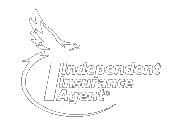- Personal
- Business
- Insurance
- Financial Management
- About
Keep up with all the personal and financial resources you need with the FSCB financial blog in Missouri.


© 2026 FSCB - All rights reserved Bank NMLS 412605 Backed by the full faith and credit of the U.S. Government. First State Community Bank is not registered as a broker-dealer or investment advisor. Investment products and services are offered by First State Financial Management through the registered broker-dealer NBC Securities. Any products and services offered by FSCB are separate and distinct from those offered through NBC Securities.


FDIC-Insured - Backed by full faith and credit of the U.S. Government

© 2026 FSFM - All rights reserved Securities and advisory services offered through NBC Securities, Inc., a Registered Investment Advisor. Member FINRA/SIPC. FSFM is a subsidiary of First State Community Bank. The FSFM name is used by certain employees of First State Community Bank who offer securities, advisory and insurance products and services through NBC, Securities, Inc. NBC Securities, Inc., is under separate ownership from any other named entity. Not Bank Guarantee ▪ May Lose value ▪ Not a Bank Deposit ▪ Not insured by FDIC or Any Other Government Agency NBC Securities, Inc., Client Relationship Summary
%201.png)
Copyright © 2026 First State Insurance Agency, Inc First State Insurance Agency is an affiliate of First State Community Bank due to common ownership. Not a deposit, not FDIC insured, not insured by any government agency, not bank guaranteed and may decrease in value.

